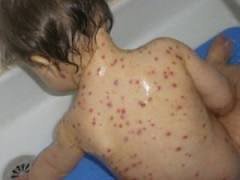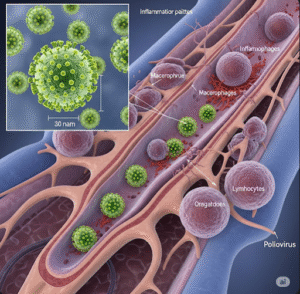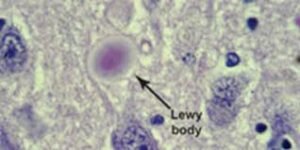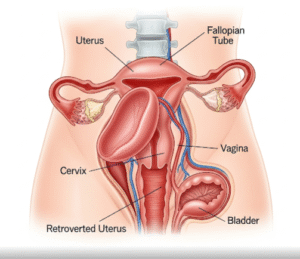Overview
Measles is a highly contagious viral disease that spreads through respiratory droplets and close contact. While largely controlled in many countries due to vaccination, occasional outbreaks still occur in Korea, especially when imported cases spread among unvaccinated individuals. Korea has a high vaccination coverage rate, and public health authorities, including the Korea Disease Control and Prevention Agency (KDCA), maintain strict monitoring and vaccination programs.
What is Measles?
Measles is caused by the measles virus, a paramyxovirus. It primarily affects children but can also infect adults who are not immune. Despite its preventability through the MMR (measles, mumps, rubella) vaccine, measles can lead to serious complications if untreated.
Symptoms
- High fever
- Cough, runny nose, sore throat
- Red, watery eyes (conjunctivitis)
- Koplik’s spots (tiny white spots inside the mouth)
- Red rash spreading from the face to the body
- Fatigue and irritability
Causes
- Infection with the measles virus through airborne respiratory droplets
- Close contact with an infected person
- Contaminated surfaces (virus can survive for hours)
Risk Factors
- Unvaccinated children and adults
- International travel to measles-prevalent regions
- Weakened immune systems (HIV, chemotherapy, chronic illness)
- Infants under vaccination age
Complications
- Pneumonia (leading cause of death in measles cases)
- Ear infections
- Severe diarrhea and dehydration
- Encephalitis (brain inflammation)
- Subacute sclerosing panencephalitis (SSPE), a rare but fatal complication
- Miscarriage or premature birth in pregnant women
Prevention
- MMR vaccination (two doses) is the most effective prevention
- Isolating infected patients to prevent spread
- Strengthening immunity through good nutrition and healthcare access
- Public health surveillance and outbreak response in Korea
Treatment Options in Korea
Diagnosis
- Clinical evaluation based on symptoms and rash
- Blood tests to confirm measles-specific antibodies (IgM and IgG)
- PCR testing to detect viral RNA in suspected outbreaks
Medical Treatments
- No specific antiviral drug exists for measles
- Supportive care includes:
- Fever reducers (acetaminophen, ibuprofen)
- Hydration and electrolyte balance
- Vitamin A supplementation (reduces severity in children)
- Antibiotics if secondary bacterial infections develop (like pneumonia or ear infections)
Surgical or Advanced Therapies
- Not applicable, as measles is viral
- Intensive care support for severe complications (encephalitis, pneumonia)
Rehabilitation and Support
- Nutritional support for recovery
- Rest and monitoring of complications
- Counseling for parents and families about prevention and vaccination













